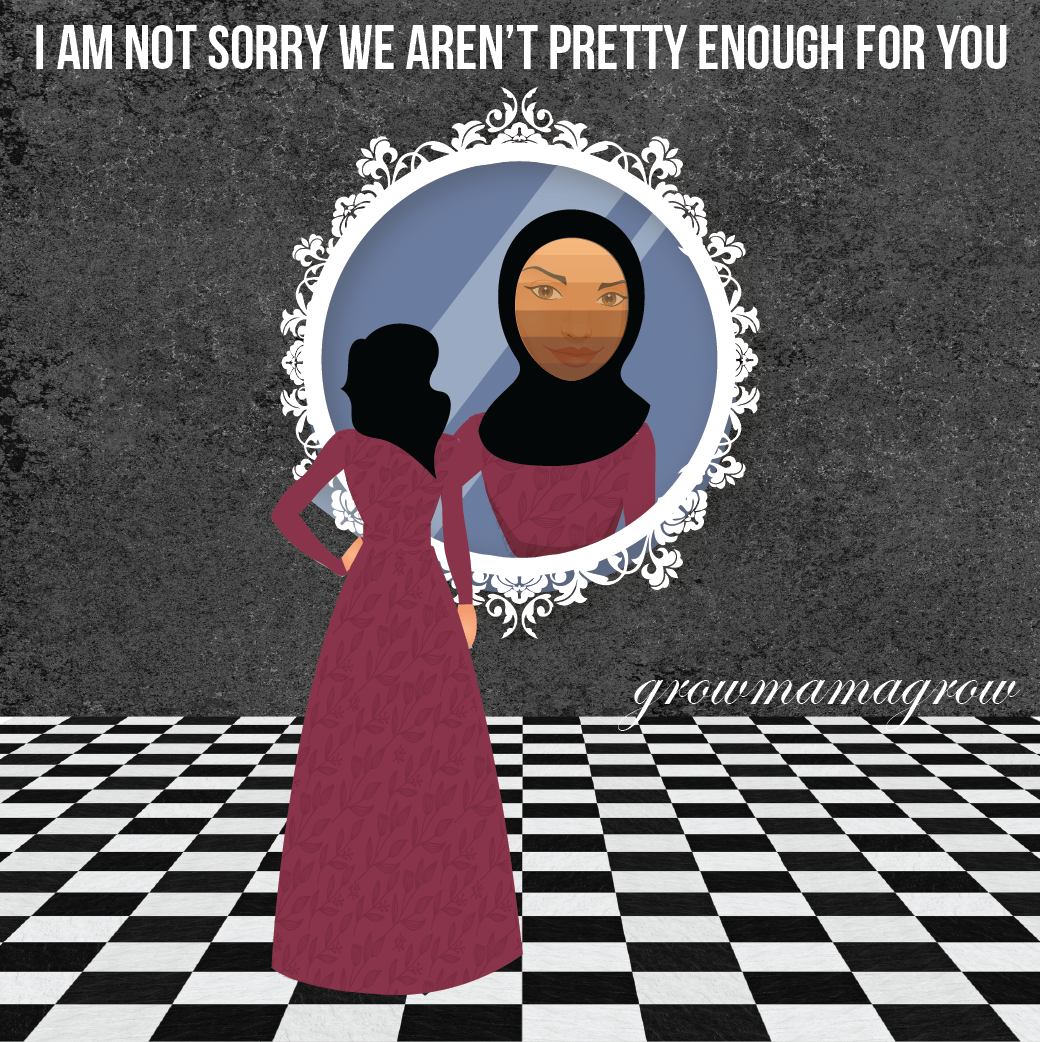 We asked a few awesome mamas what approach, tools and resources they use to raise their children to be bilingual (specifically Arabic/English speaking).
We asked a few awesome mamas what approach, tools and resources they use to raise their children to be bilingual (specifically Arabic/English speaking).
F says: “Before we had children, my husband and I tried to get into the habit of speaking to each other in Arabic, at least most of the time (took some effort esp since we both speak different dialects of Arabic with our parents and find English to be our stronger language). Once we had our first daughter, we made sure to speak to her in Arabic only. She grew up speaking only in Arabic with us, her parents, and with her grandparents and uncles/aunts. Once she hit 3 years old, she quickly picked up English from her cousins, and I wasn’t too worried about teaching her to speak or understand English at home.
Since then, I’ve tried to ensure an Arabic-only speaking environment at home, as my father did with us when we were growing up. I’ve gotten my children into the habit of speaking to each other in Arabic, and we don’t allow them to speak to each other in English at all. I’m hoping that this will give them life-long companions who they will always be accustomed to speaking to in Arabic, even if they speak to the rest of the world in English. Seemed to work to a good degree with my siblings and I, and am hoping will work with my little ones, inshaAllah. That and I can’t forget to make lots of dua’a that they grow up understanding the language of the Qur’an. It’ll take some effort and seriousness on my husband and I’s part, but in a few short years, I hope that my children will make dua’a for us for doing this with them, just like I continuously make dua’a that Allah reward my father for doing this with my siblings and I.”
S says: “I’m a non-native speaker of Arabic. We decided to focus on Arabic as we both speak different languages from India, and most of my family speaks English even to each other, and we really wanted our children to understand the Qur’an, hadith, etc. Though I studied Arabic at a variety of places, when I decided to teach my child Arabic I found I had many gaps in vocabulary relevant to children. I found the dictionary too tedious, and also sometimes with multiple words provided I wasn’t sure which one would be best. A family friend agreed to help me by phone once weekly with words I needed and I would jot down words in a notebook or as footnotes on children’s Arabic books. Sometimes I would delay introducing a new concept or toy until I knew the words related to it. I also try to expose the children to periodic visits with Arabic speaking friends.
I find reading Arabic children books helps to develop vocabulary and is interesting for the children. My husband and I speak to the children exclusively in Arabic to the extent possible, i.e, sometimes we face limits in vocabulary especially as the children are getting older. I also try to translate library books to Arabic before the children learn to read English. I found they have enough exposure to English with friends, non-Arabic speaking relatives, preschool classes, etc to learn English rapidly. I do teach the basics of the English alphabet, numbers, etc, and the most of the rest of the English they learn quite well with exposure to others. Alhamdulillah, I our whole family improved in our Arabic comprehension and understanding as a result.”
H says: “Children are like sponges, they absorb everything. The trick to getting a child to be multilingual is to start when the child is a newborn. When the sounds of a language are a natural part of baby’s environment mimicking them becomes the next natural step. The key point is to familiarize them with the letters and sounds of a language when they are young. Then the acquisition of vocabulary will follow, which is not as hard as it may seem.
As they grow older, immerse all their senses in language. If you’re reading a book to a child in English, stop at the end of each page, point to the objects on the page and name them in Arabic. Now, we’re building vocabulary. If they ask for juice, rephrase their question as an Arabic statement when you hand them the juice. Kids are smart, they will immediately link that both words refer to the same item.
In the car play tapes of both languages, fun songs where they can sing along. On the walls in their rooms or play areas, hang projects or posters or flashcards of both languages, so that they see the words on a regular basis. Or hang homemade cards like: door, chair, window all around your house. This also helps their spelling. When they are eating, describe the flavors using words of multiple languages.
Hang a white board in the hall for older children and write a sentence on it in English. Then put up the words of the same sentence in Arabic, only scrambled, and have them unscramble one sentence a day to form the correct translation. As they grow older, just write the English sentence and have them translate on their own. Soon they’ll be challenging each other and you can sit back and watch the words flow!
If you are living in a predominantly English speaking environment, make Arabic the language that must be spoken at home. Leave the sorting of which word belongs to which language to the child. These things just work themselves out on their own.”
A says: “One of the things I’m working on with my preschool-age daughters is Arabic audio books. My sister gave me the idea as her older girls enjoyed listening to audio books from the library. Since my kids don’t understand English yet, she suggested that I tape my own. So every few days either I sit alone or with my two daughters and tape a few of their favorite library books- in Arabic. The like to read the books they’ve memorized alone, while I read the others for them. We also get to listen to them in the car when we go on long drives.
Another thing I’ve tried in the past, along with a bunch of friends, is to hold a weekly play session in Arabic. So we have an opening song, a surah from the Qur’an, a story, and some nursery songs – all in Arabic. The kids love the songs and like to repeat them even after we go home.”












